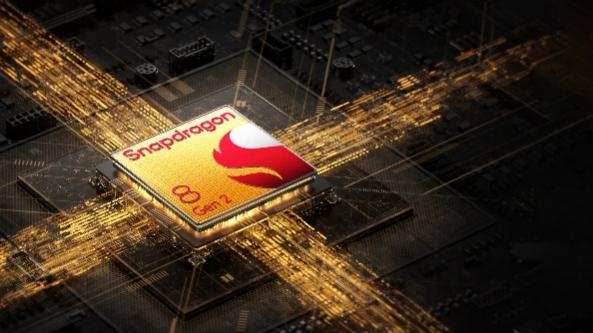The processor is the central component of a smartphone, controlling its overall capabilities, speed, and performance. With technology evolving rapidly, choosing a smartphone with a suitable processor can be a daunting task. By highlighting the important factors to consider when selecting a processor that meets your needs, this guide aims to simplify the process for you.
Select the Ideal Processor for Your Smartphone Needs
Choosing the suitable processor is essential to ensure that your smartphone can handle both your daily tasks and future demands. In the following section, we will provide you with some suggestions on how to select the appropriate processor.

Assess Processor Performance and Speed Requirements
Assessing processor performance and speed requirements is a crucial step in selecting the right smartphone. Consider your typical usage patterns: if you mainly use your device for basic tasks like browsing, a mid-range processor should suffice. However, a high-performance processor is essential for more intensive activities like gaming, video editing, or multitasking with multiple apps. The HONOR porsche design of HONOR Magic V2, for example, features a cutting-edge processor that delivers exceptional speed and smooth performance, making it ideal for users with demanding requirements. Additionally, consider the processor’s clock speed and core count, as these factors directly impact the device’s ability to handle complex tasks efficiently.
Understand Processor Architectures and Technologies
Understanding processor architectures and technologies is vital for choosing a smartphone that meets your performance expectations. Processor architecture describes how the parts of a processor are arranged and designed, which has an impact on speed and efficiency. Look for architectures that balance power consumption and performance, such as ARM’s big.LITTLE architecture. Additionally, consider technologies like multi-core processing, which allows for better multitasking by distributing tasks across multiple cores, and integrated graphics, which enhance visual performance for gaming and media. Gaining knowledge of these ideas will enable you to choose a smartphone processor with confidence.
Evaluate Multitasking and Gaming Capabilities
Evaluating a smartphone’s multitasking and gaming capabilities is crucial for users who demand high performance from their devices. A processor with multiple cores and a strong GPU (Graphics Processing Unit) is essential for smoothly running multiple apps simultaneously and delivering immersive gaming experiences. Look for processors with high clock speeds and efficient core management to ensure seamless app switching and lag-free gameplay. Additionally, consider the processor’s compatibility with the latest gaming technologies, such as high refresh rate displays and advanced graphics rendering, to enjoy your smartphone’s best gaming performance.

Consider Future-Proofing and Compatibility
When selecting a smartphone processor, it’s essential to consider future-proofing and compatibility to ensure your device remains relevant and performs well over time. Choose a processor that supports the latest connectivity standards, such as 5G, and is compatible with upcoming software updates and applications. Additionally, look for processors built on advanced manufacturing processes, as they typically offer better performance and energy efficiency, extending the lifespan of your device. By prioritizing future-proofing and compatibility, you can invest in a smartphone that continues to meet your needs and provides a seamless experience in the years to come.
Summary
Selecting the right processor for your smartphone is a critical decision that impacts your device’s performance, efficiency, and future usability. By assessing your needs, understanding processor technologies, evaluating multitasking and gaming capabilities, and considering future-proofing, you can choose a processor that aligns with your requirements and enhances your mobile experience.